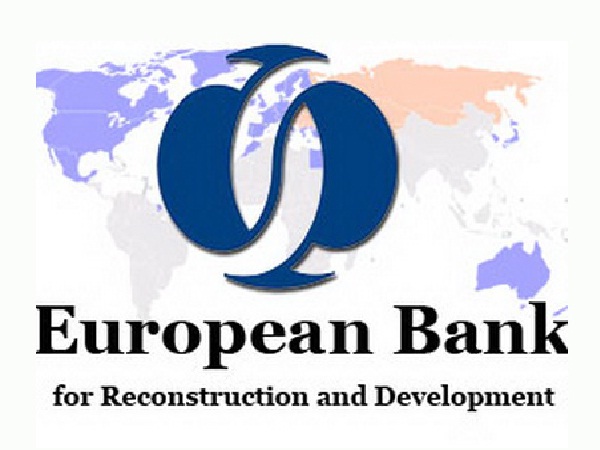Sustainable energy in Kosovo and FYR Macedonia

The EBRD is helping the Western Balkans switch to green power, guarantee secure and stable access to electricity and cut carbon emissions.
Electrical outages and insecure power supplies are likely to become a distant memory in the Western Balkans, as the EBRD and its innovative financing instrument, the Western Balkans Sustainable Energy Financing Facility (WeBSEDFF), help the region’s transition to renewable energy.
WeBSEDFF provides debt financing to companies in Albania, Bosnia and Herzegovina, Croatia, FYR Macedonia, Kosovo, Montenegro and Serbia for renewable energy and industrial energy efficiency projects.
This €100 million programme, targetted at small and medium-scale projects, is forecast to cut CO2 emissions by half a million tonnes per year – the equivalent of taking 200,000 cars off the road.
Frigo Food Energy Invest in Kosovo and Mali Hidro Elektrani in FYR Macedonia are among the first enterprises to benefit from the new opportunities provided by WeBSEDFF.
Even without much previous experience in the power sector, Sokol Meqemeja, the owner of Frigo Food Energy Invest, never doubted the potential of sustainable energy. Seizing the opportunity to invest in the nascent renewable energy market in neighbouring FYR Macedonia, he financed the rehabilitation and upgrade of a small hydropower plant (SHPP) there.
Professor Kocho Angujshev, co-owner of Mali Hidro Elektrani, shared similar views at first. “The most significant risk we have faced in the development of small hydropower plants was the lack of significant experience, not only in our country, but also in the region”.
But the EBRD’s technical and financial support, combined with the company’s desire for success, helped Mali Hidro Elektrani become the Bank’s first private sector investor in Macedonian power.
With a €6 million loan, it financed seven small hydropower plants, giving Macedonians in remote areas access to a stable power supply.
It also provided jobs where they were most needed. For Aleksandar Trandovski, a supervisor at the SHPP in Brajcino, south-west FYRMacedonia, the new job meant new opportunities.
“My financial situation is now stable,” he said. “I can support my family with this salary.”
By investing in such enterprises, the EBRD is setting an example, and thus potentially encourages local commercial banks to provide similar tailor-made financing.
One of the pioneering faces of the WebBEDFF is its project finance approach. “The local commercial banks in principle offer financing on the basis of a mortgage, while the EBRD made available project finance, which allowed for the implementation of these hydropower projects”, said Professor Angujshev.
Other innovative aspects include an incentive payment mechanism- a possibility to monetise the expected CO2 emission reductions- as well as technical assistance for project preparation and an Institutional Capacity Building programme.
The recent achievements have encouraged the WeBSEDFF and the EBRD to continue investing in the private sector in the region. The Bank is now planning to venture into so called ESCOs- energy savings companies.
energjia.al 18.12.2013


